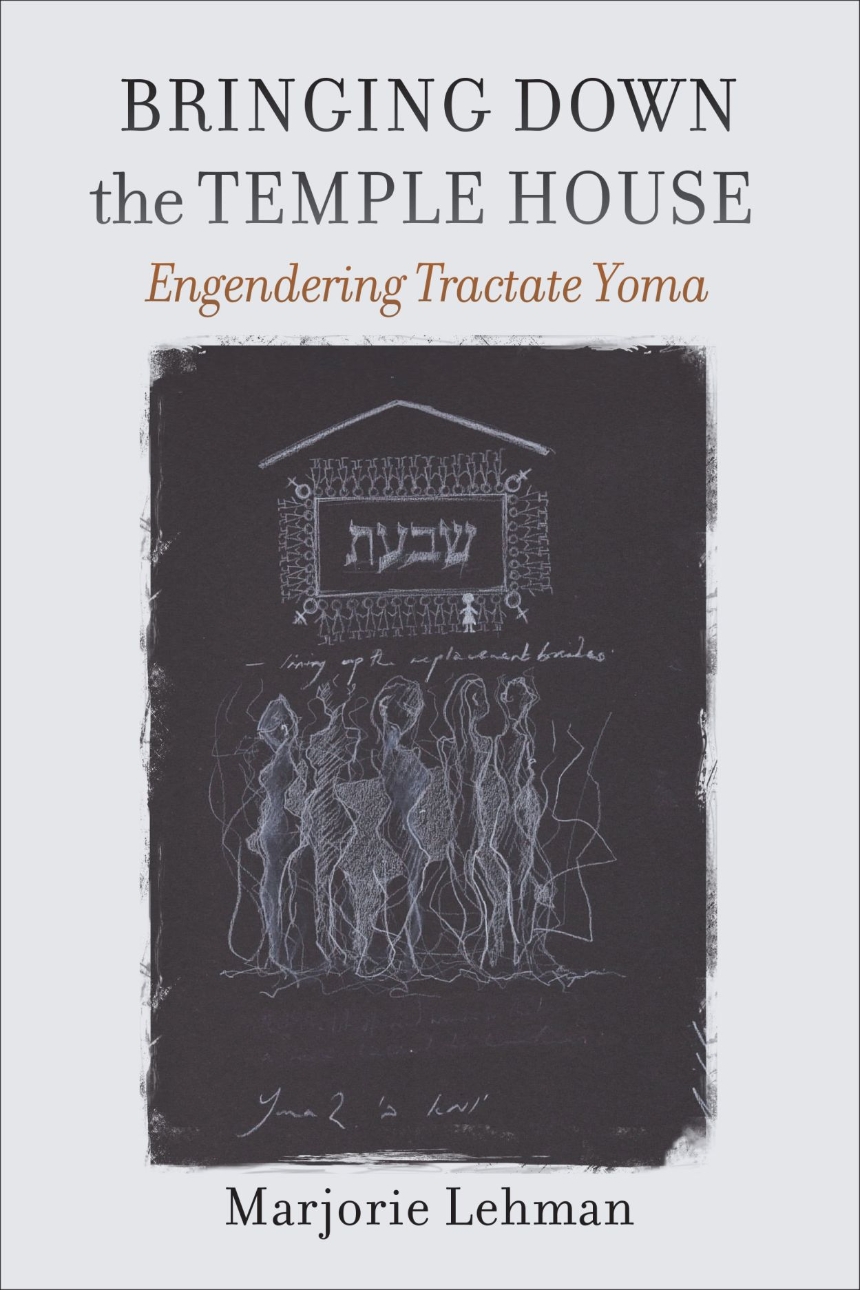9781684580897
9781684580880
9781684580903
A feminist project that privileges the Babylonian Talmudic tractate as culturally significant.
While the use of feminist analysis as a methodological lens is not new to the study of Talmudic literature or to the study of individual tractates, this book demonstrates that such an intervention with the Babylonian Talmud reveals new perspectives on the rabbis’ relationship with the temple and its priesthood. More specifically, through the relationships most commonly associated with home, such as those of husband-wife, father-son, mother-son, and brother-brother, the rabbis destabilize the temple bayit (or temple house). Moving beyond the view that the temple was replaced by the rabbinic home, and that rabbinic rites reappropriate temple practices, a feminist approach highlights the inextricable link between kinship, gender, and the body, calling attention to the ways the rabbis deconstruct the priesthood so as to reconstruct themselves.
While the use of feminist analysis as a methodological lens is not new to the study of Talmudic literature or to the study of individual tractates, this book demonstrates that such an intervention with the Babylonian Talmud reveals new perspectives on the rabbis’ relationship with the temple and its priesthood. More specifically, through the relationships most commonly associated with home, such as those of husband-wife, father-son, mother-son, and brother-brother, the rabbis destabilize the temple bayit (or temple house). Moving beyond the view that the temple was replaced by the rabbinic home, and that rabbinic rites reappropriate temple practices, a feminist approach highlights the inextricable link between kinship, gender, and the body, calling attention to the ways the rabbis deconstruct the priesthood so as to reconstruct themselves.
Reviews
Table of Contents
Introduction
Chapter 1: Unsettling the Temple Bayit
Chapter 2: Violence in the Temple: Father Priests and Their Sons
Chapter 3: Mothers and Sons: Broken Houses
Chapter 4: From Inside Out: Kimhit’s House
Chapter 5: Intergenerational Transmission and the Problem of Mothers
Chapter 6: Sexuality Inside and Outside the Temple House
Chapter 7: Sustaining the Rabbinic Household
Chapter 8: Vulnerable Bodies in Vulnerable Houses
Chapter 9: Purity and Impurity: From Priest to Rabbi
Afterword
Acknowledgements
Notes
Bibliography
Index
Chapter 1: Unsettling the Temple Bayit
Chapter 2: Violence in the Temple: Father Priests and Their Sons
Chapter 3: Mothers and Sons: Broken Houses
Chapter 4: From Inside Out: Kimhit’s House
Chapter 5: Intergenerational Transmission and the Problem of Mothers
Chapter 6: Sexuality Inside and Outside the Temple House
Chapter 7: Sustaining the Rabbinic Household
Chapter 8: Vulnerable Bodies in Vulnerable Houses
Chapter 9: Purity and Impurity: From Priest to Rabbi
Afterword
Acknowledgements
Notes
Bibliography
Index

